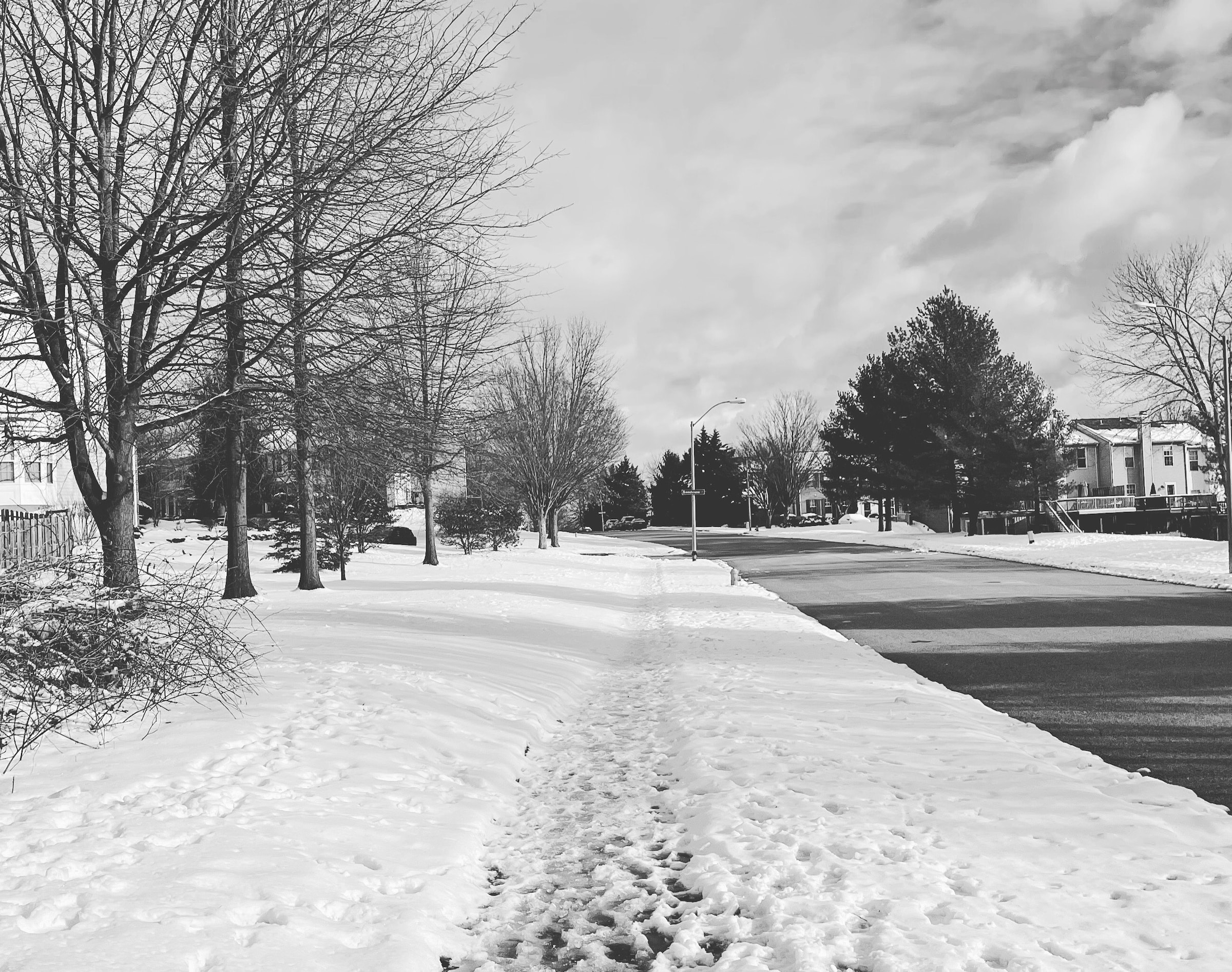Homeowners Association Snow Removal: Your Questions Answered
It is November 15, and temperatures are forecast to reach almost 70 degrees later this week. Naturally, I am thinking about snow removal for condominiums and homeowners associations. Even though snowfall was almost nonexistent during the winter of 2022-23, boards need to prepare for the upcoming season and revisit some of the questions we discuss every year. One of the big reasons is because everyone is charging more – sometimes a lot more – for snow removal. Instead of calling for the plows after two inches of snow, maybe boards will want to wait until there are three inches. Or maybe the association does not want to change its policies but needs to explain a budget increase to deal with increasing costs.
In the spirit of giving, I’ve compiled the usual Lancaster Law Blog posts that address the issues of the season. Consider this an early Christmas present, conveniently bundling all the answers in one place:
Navigating Slip and Fall Liability on Common Property:
Board members often lose sleep over potential lawsuits, especially when community “experts” predict legal trouble. Learn when the association is liable for accidents and the criteria that must be met for a successful claim.
Choosing the Right Deicer for Sidewalks:
Titled “Winter is Coming” in homage to Game of Thrones, this article delves into various deicers—sodium chloride (rock salt), calcium chloride, magnesium chloride, and calcium magnesium acetate (CMA). Discover how each works and why the possibility of concrete damage shouldn’t be the sole determinant in your decision.
Mastering the Art of Snow Plow Calls:
Uncertain about when to engage snowplows? This comprehensive article provides answers to common questions: Should roads be plowed after any snow accumulation? How soon after a snowstorm should plowing commence? Learn the importance of timely snow and ice removal to prevent hazardous conditions.
Developer or Builder Responsibility for Slip and Fall Accidents:
Quick and concise: the developer or builder is not responsible for slip and fall accidents on common property.
The overarching theme in these articles emphasizes the importance of “reasonable” actions. Board members and property managers are encouraged to take sensible steps based on the association’s unique circumstances, steering clear of unnecessary heroics and considering the practical implications of their decisions. ‘Tis the season for responsible and informed management!

